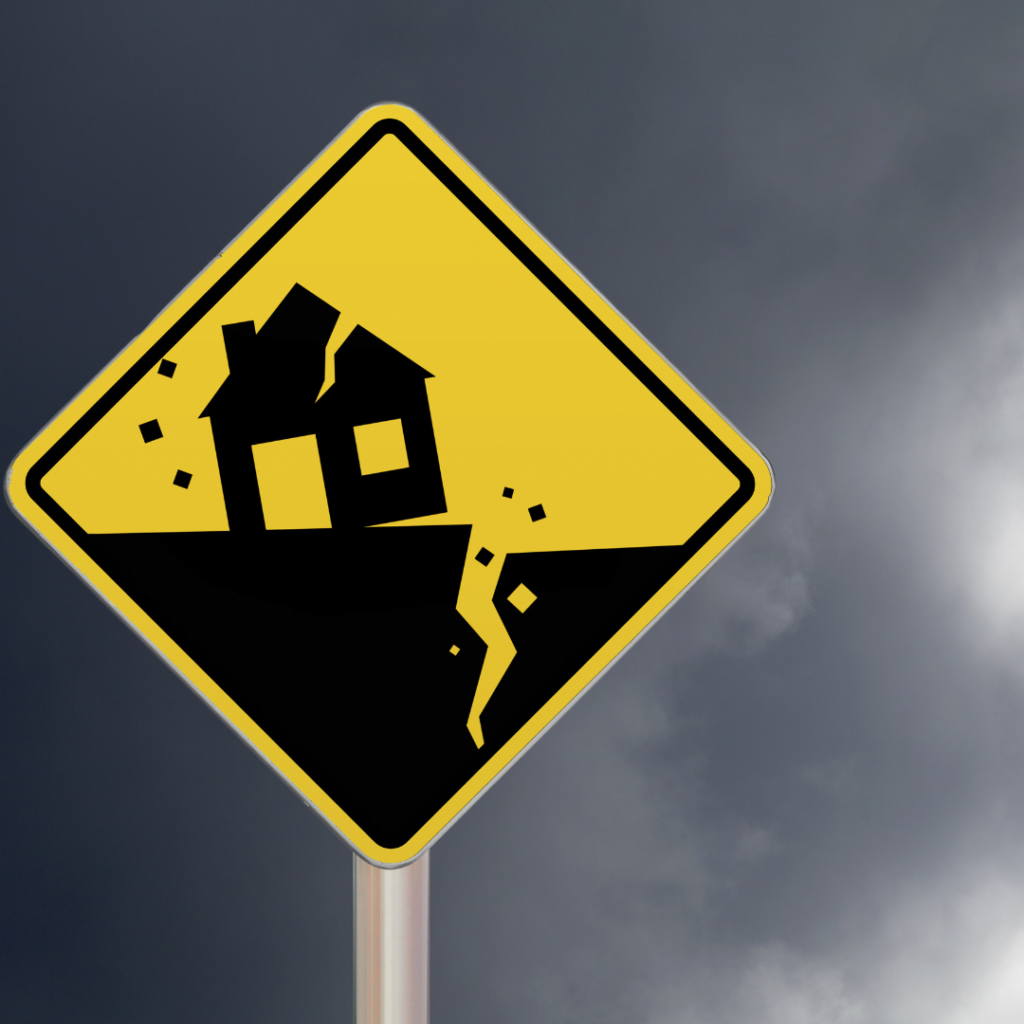Act of God: A Reflection on Christian Trust
February 20, 2023

If you have lived as long as I have, (and that is not very long) you may have developed a thicker skin, a bigger heart, or any of those expressions that reveal the effects of experiencing the uncomfortable and many times painful realities. For most people, it is an inevitable part of our human existence.
The first time I felt a great loss was when my grandfather died of cancer. Later, one of my closest uncles died of cancer too, then we lost my two grandmothers to the same. A few years later, two of my closest aunts passed on, one after another, once again, from cancer. Each one of those times hit hard and hit differently. My experience with them grew my tolerance to the reality of death, and it strengthened my convictions about Christian eschatology: the future joys in the face of reality today. My hope in the Christian narrative of the afterlife and the implications therein was grounded by these excruciating interactions with death and dying.
There is a dissonance between the terrible realities that I see with my two eyes and the Christian hope of the wonderful world to come.
As I ponder on the natural calamities that have happened in Syria and Turkey these past few weeks; the magnitude of the loss of lives and property, the sheer horror of survivors, the despair of the destitute, the brokenness of the orphaned, the shock of the abused, and the bitterness of the discriminated. I am drawn to reflect on my own perception. There is a dissonance between the terrible realities that I see with my two eyes and the Christian hope of the wonderful world to come. It surely will be better. I surely can imagine a better world, devoid of pain and suffering, loss and grief. A world with peace and tranquility. A world with order and sanity.
The conclusion that it was once better and it will get better cannot be removed from human hope.
Could it be that I am programmed to think of a better world rather than not think of it? Could it be that it is all a figment of my imagination, and the world as I know it is as reflective of hell as humanity will ever experience? I think not. I know that I am an interactive being of intelligible nature, able to rationally and systematically interface with reality. The conclusion that it was once better and it will get better cannot be removed from human hope. There was a fall of humankind and there will be a restoration. It is what brings us together to pursue a better life and why some nations through toil, blood, and sweat, have realized a semblance of their hope.
I have grown increasingly convinced that death, disaster, and devastating destruction are part of life’s process as we know it on this side of heaven. They play a significant role, much as I may not know it fully or at all, in the cosmic grand scheme of things. This epic scheme of things is intentionally, purposefully and ultimately designed by a Being far greater, more glorious, much more superior, and a lot more intelligent than all that has ever existed or ever will exist combined.
It is in knowing and interacting with this Being of magnificent eternal existence and power that anyone can even begin to make sense of all that is wrong with this world.
This I believe is the most accurate way to approach the seeming contradictions in His existence and our reality.
A Being to whom is ascribed eternity, past and future, incalculable power and authority, creation and existence, surely must have an explanation for the seemingly endless suffering. He, however, reserves the right to reveal His process to us for His own purposes that are above our reproach or judgment seeing as we are creatures honored to experience an existence created by this very Being.
It is this Being that the Christians call God, Father, Lord, King, Creator, and Savior. He, by their profession, desires a relationship beyond a simple creator-creature dynamic. He seeks out humanity and goes to great lengths, sparing no expense to return us back to him. Man’s fall and his restoration can and will best be realized in its entirety through the story of God.
So the cosmic grand scheme of things has an eternal timeline, and at the helm of it is a Being that utilizes temporary and transient sufferings for an inconceivable good beyond our reason, realm, or reality. This is what the Christian ought to call trust. We place our hope in the Eternal that we may endure the ephemeral, however painful it may be. It will pass. And so we trust. The conclusion that it was once better and it will get better cannot be removed from human hope.